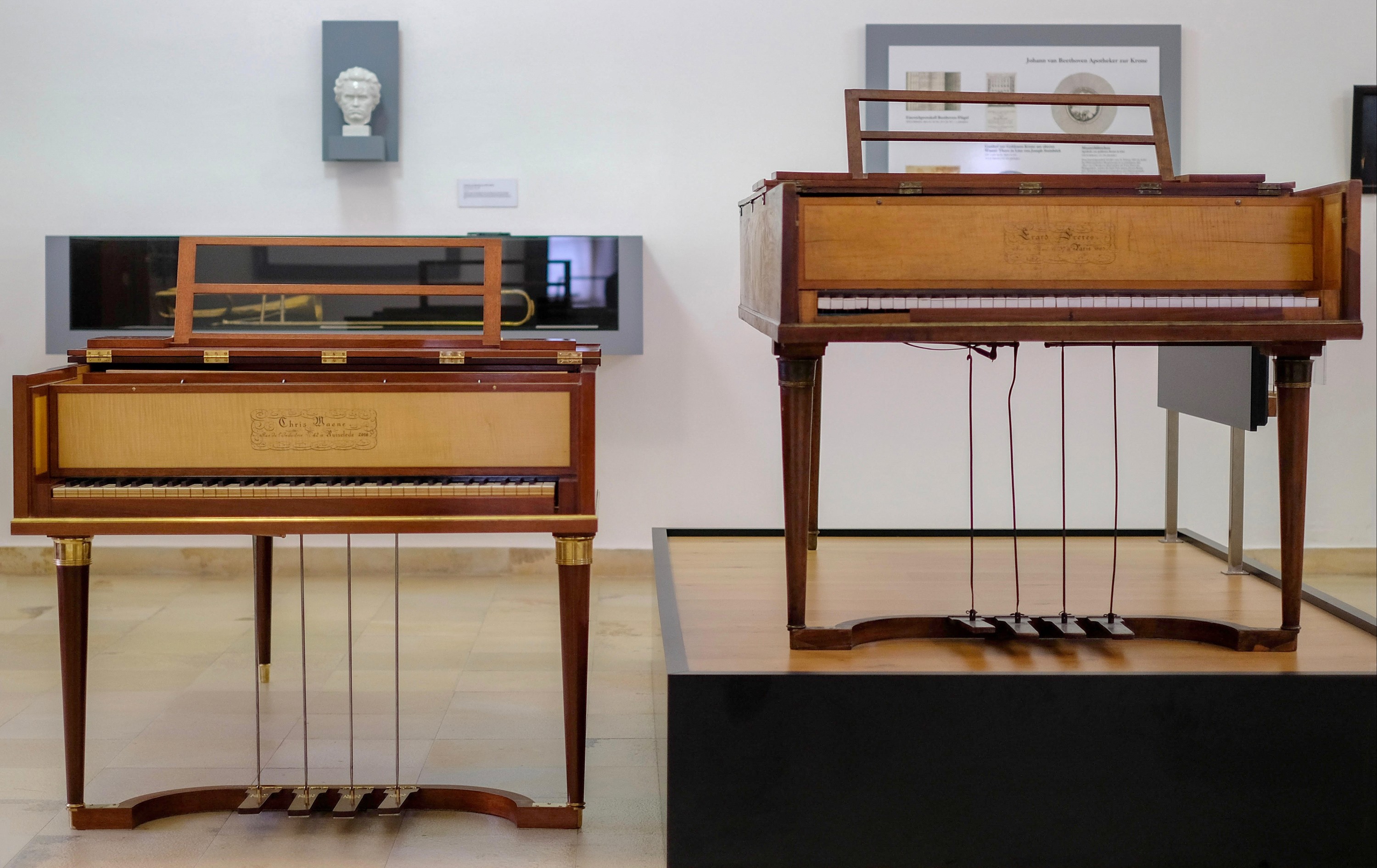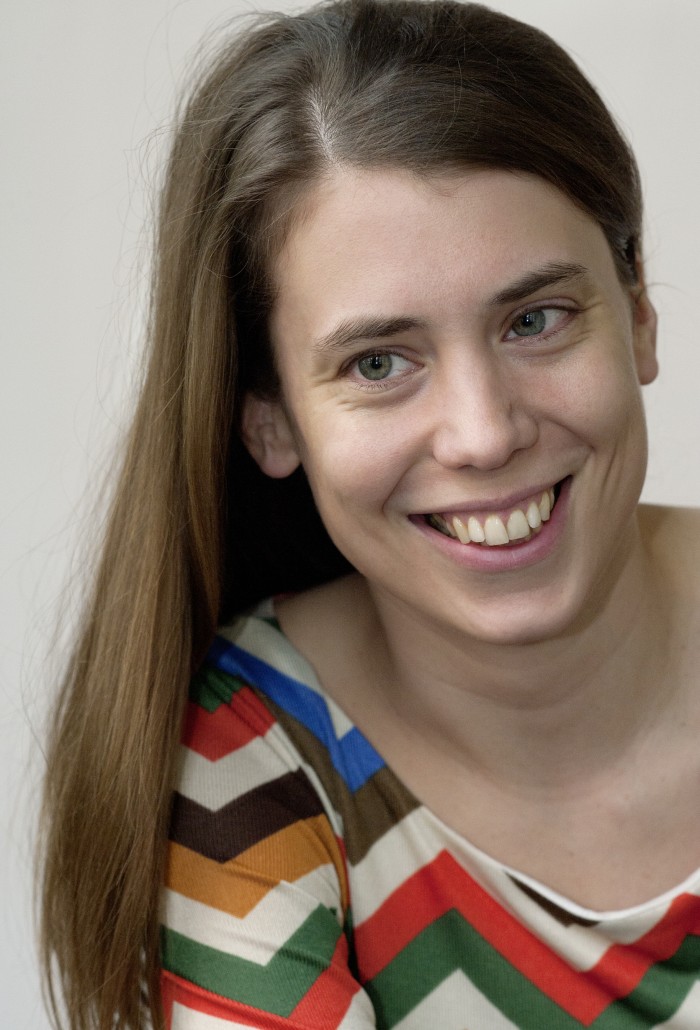
Call for pianists: Historical Piano Summer Academy 2021
Call 19 mei 2021Declassifying Beethoven
Are you a pianist interested in historical instruments? Are you pursuing or thinking of master's or doctoral studies? Would you like to develop a practice-led research project? Declassifying the Classics explores intersections between technology, rhetoric, and performance in repertoires between 1750 and 1850. We invite you to join us during a week of coaching and seminars.
The Orpheus Institute announces its second
Historical Piano Summer Academy
Declassifying Beethoven
22-28 August 2021
Directed by Tom Beghin, Camilla Köhnken, and Luca Montebugnoli (Orpheus Institute)
Guest: Zvi Meniker (Hochschule für Musik, Theater und Medien Hannover)

Are you a pianist interested in historical instruments? Are you pursuing or thinking of master's or doctoral studies? Would you like to develop a practice-led research project?
Declassifying the Classics explores intersections between technology, rhetoric, and performance in repertoires between 1750 and 1850. We invite you to join us during a week of coaching and seminars.
The following five instruments will be available:
- Andreas Stein, 1786 (replica, German, FF–f3)
- Anton Walter, c. 1800 (replica, Viennese, FF–f3)
- Erard Frères, 1803 (replica, Beethoven’s, French, FF–c4)
- John Broadwood & Sons, 1817 (replica, Beethoven’s, English, CC–c4)
- Nannette Streicher, 1816 (replica, Viennese, FF–f4)
We ask that you choose two pieces connected with two different instruments—one by Beethoven, the other by one of his contemporaries. You will have a chance to perform in concert at the end of the workshop.
Application process
Six to eight participants will be selected.
Please send the following to summeracademy@orpheusinstituut.be by 21 June 2021:
- A link to a video featuring your performance on modern or historical piano.
- A few paragraphs on why do you wish to participate and how do you expect to benefit?
- Would you like to give a presentation on your work during the workshop? If so, please provide a brief abstract.
- A copy of your CV.
- Choice of repertoire: see suggestions below.
Cost: € 250 as a registration fee, to be paid upon acceptance. Five lunches will be provided, as well as two evening dinners.
Accommodation: we will send a list of suggestions, but arrangements are to be made by you.
Corona-related measures: see the website of the Belgian government for updates. We will organize the academy following the latest measures.
We will notify you of your acceptance by 1 July 2021.
List of works
Please choose a Beethoven work that’s appropriate for one of the instruments. We also offer suggestions for non-Beethoven works.
- Stein
Beethoven: the three “Bonn” Sonatas WoO47; “Righini” Variations, Sonatas Op. 2, Nos. 1–3
Contemporary: (for example) W.A. Mozart, Sonata K 284
- Walter
Beethoven: Sonatas Op. 27, Nos. 1 and 2, Op. 26, Op. 28, Op. 31, Nos. 1–3, Bagatelles Op. 33, Variations Op. 34 and Op. 35
Contemporary: (for example) Joseph Woelfl, Sonatas Op. 6, Nos. 1–3
- Erard
Beethoven: Sonatas Op. 53, Op. 54, Op. 57
Contemporary: (for example) Daniel Steibelt, Fantaisie avec neuf variations sur un air des Mystères d'Isis; Ferdinand Herold, Sonata Op. 1; Louis Adam (any piece before 1810), Jan Ladislav Dussek (from his Paris period, 1806–12)
- Streicher
Beethoven: Sonatas Op. 78, Op. 81a, Op. 90, Op. 101, Op. 106 (movements 1–3)
Contemporary: (for example) Schubert Sonata D 864
- Broadwood
Beethoven: Sonata Op. 106 (fourth movement), Op. 109, Op. 110, Op. 111, Bagatelles Op. 119 (Nos. 6–11), “Diabelli” Variations Op. 120, and Bagatelles Op. 126
Contemporary: (for example) Frederick Kalkbrenner, Fantasy Op. 36; Muzio Clementi, Variations Op. 48, Capriccios Op. 47, Nos. 1–2, Sonatas Op. 50, Nos. 1–3.



